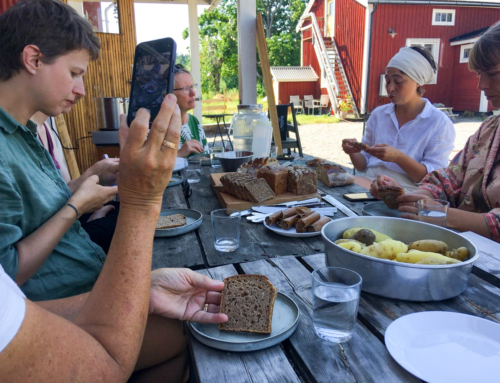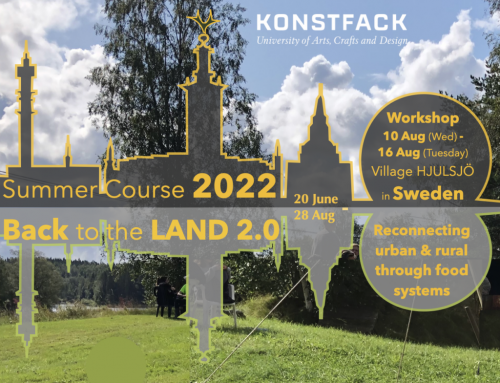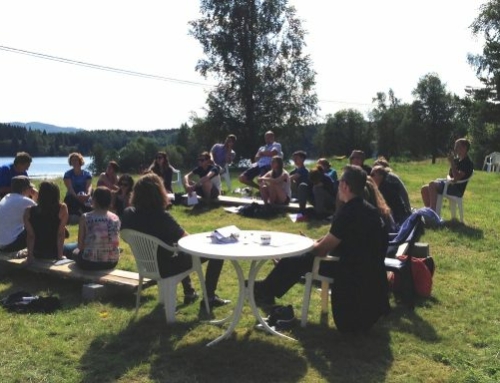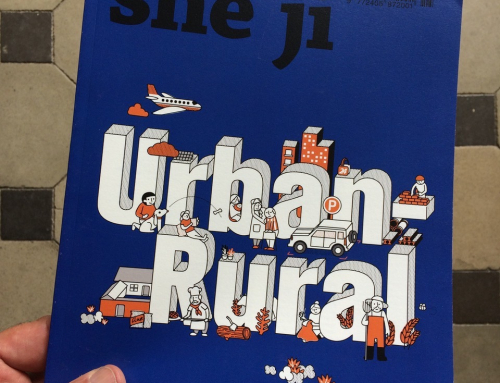In 2007 Lord Cameron of Dillington, first head of the UK Countryside Agency, famously remarked that Britain was ‘nine meals away from anarchy.’ Britain’s food supply is so totally dependent on oil – 95 per cent of the food eaten there is oil-dependent – that if the oil supply to Britain were suddenly to be cut off it would take just three full days before law and order broke down. “We rely on a particularly vulnerable system. Britain needs to invest seriously in agriculture infrastructure if we are to avoid food crisis” said the noble Lord at the time.
I’m not sure that much action has so far followed these remarks, but an exhibition opening in London next month explores what those investments might be. The show looks at different ways that cities might be transformed from consumers of food to generators of agricultural products, and at how food production can be incorporated into the urban environment at both industrial and domestic levels.
A highlight of the London show is a photographic and filmic record of the Dott 07 Urban Farming project in Middlesbrough. Good to see London following so promptly – only three or four years behind the northern town. In Middlesbrough itself, since Dott 07 itself ended, the town’s Council is expanding the Urban Farming programme. The Bohm and Viljoen map (below), created for Dott 07, that plots sites of productive potential, is a reference point for a raft of new initiatives. The Council recently won a £4 million (4.3 million euro) grant to run a “cocktail” (their word) of food and health projects, and the plan is to make the Town Meal an annual event to showcase the results of this new work.
LONDON YIELDS : Urban Agriculture is curated by Jackson Hunt and opens on Wednesday, 8 April, 6.30 – 9pm at The Building Centre, 26 Store Street, off Tottenham Court Road in central London.





